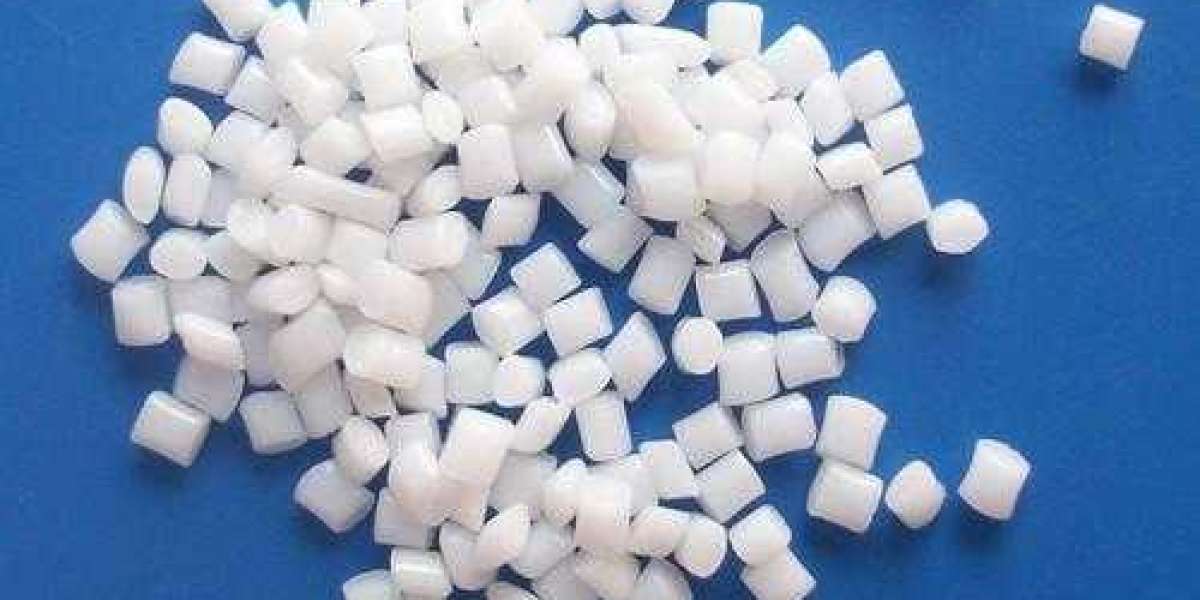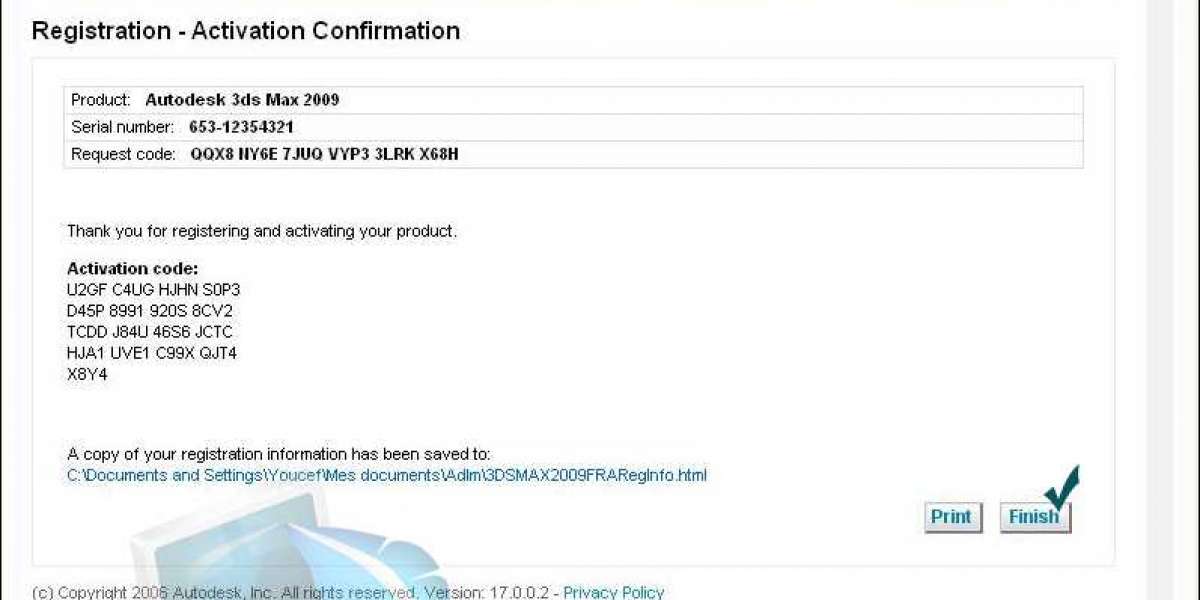Polybutylene terephthalate (PBT) is a high-performance thermoplastic polymer that offers excellent mechanical, electrical, and thermal properties. It belongs to the polyester family and is widely used in various industries due to its versatility and advantageous characteristics. In this answer, we will explore the key properties, applications, and advantages of PBT.
Properties of PBT:
Mechanical properties:polybutylene terephthalate exhibits high tensile strength, stiffness, and impact resistance, making it suitable for applications that require structural integrity. It has a low coefficient of friction, which allows for ease of processing and enhanced wear resistance.
Thermal properties: PBT has a high melting point and excellent heat resistance, making it suitable for applications in high-temperature environments. It exhibits good dimensional stability and maintains its mechanical properties over a wide temperature range.
Electrical properties: PBT possesses excellent electrical insulation properties, making it an ideal choice for electrical and electronic applications. It exhibits low dielectric constant, low dissipation factor, and high volume resistivity.
Chemical resistance:polybutylene terephthalate is resistant to many chemicals, including solvents, oils, and greases. It has good resistance to hydrolysis and does not degrade when exposed to water or moisture, making it suitable for applications in humid environments.
Applications of PBT:
Automotive industry:polybutylene terephthalate is extensively used in the automotive sector for various applications such as connectors, sensors, switches, housings, and interior components. Its excellent dimensional stability, heat resistance, and electrical insulation properties make it well-suited for these applications.
Electrical and electronics:polybutylene terephthalate is widely used in electrical and electronic applications due to its excellent electrical insulation properties. It is used in connectors, sockets, circuit breakers, relays, and insulators. Its dimensional stability and resistance to high temperatures are particularly beneficial in these applications.
Consumer goods:polybutylene terephthalate is employed in the manufacturing of consumer goods such as household appliances, power tools, and sporting equipment. Its toughness, impact resistance, and chemical resistance make it suitable for components that require durability and reliability.
Industrial applications: PBT is used in various industrial applications, including gears, bearings, pump components, and valve bodies. Its low coefficient of friction, wear resistance, and dimensional stability contribute to its suitability for these applications.
Advantages of PBT:
Design flexibility: PBT can be easily molded into complex shapes, allowing for design flexibility and customization. It can be processed using injection molding, extrusion, and blow molding techniques.
Excellent mechanical performance:polybutylene terephthalate (PBT) offers a combination of high strength, stiffness, and impact resistance, making it suitable for demanding applications. It can withstand repeated mechanical stresses without significant degradation.
Thermal stability: PBT exhibits excellent thermal stability and retains its mechanical properties over a wide temperature range. It can withstand high temperatures without significant loss of performance.
Chemical resistance:polybutylene terephthalate PBT is resistant to many chemicals, making it suitable for applications exposed to solvents, oils, and other aggressive substances. It maintains its integrity and performance even in the presence of these chemicals.
Electrical insulation properties: PBT possesses excellent electrical insulation properties, making it ideal for electrical and electronic applications. It provides reliable insulation and helps prevent electrical failures.
Cost-effective: PBT offers a favorable balance between performance and cost, making it a cost-effective choice for various applications. Its durability and long-term performance contribute to reduced maintenance and replacement costs.
In conclusion, polybutylene terephthalate (PBT) is a versatile thermoplastic polymer with excellent mechanical, electrical, and thermal properties. Its wide range of applications in industries such as automotive, electrical, electronics, and consumer goods showcases its adaptability and reliability. With its design flexibility, superior performance, and cost-effectiveness, PBT continues to be a valuable material in various demanding applications.







